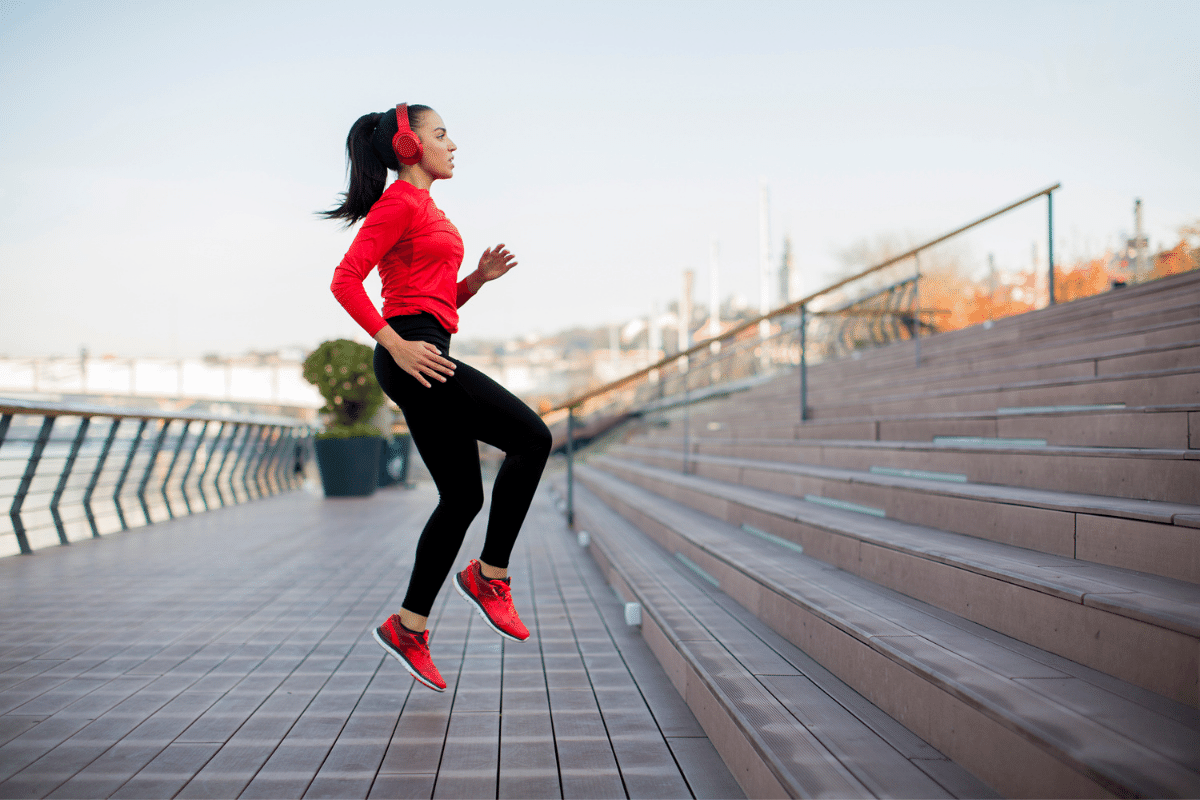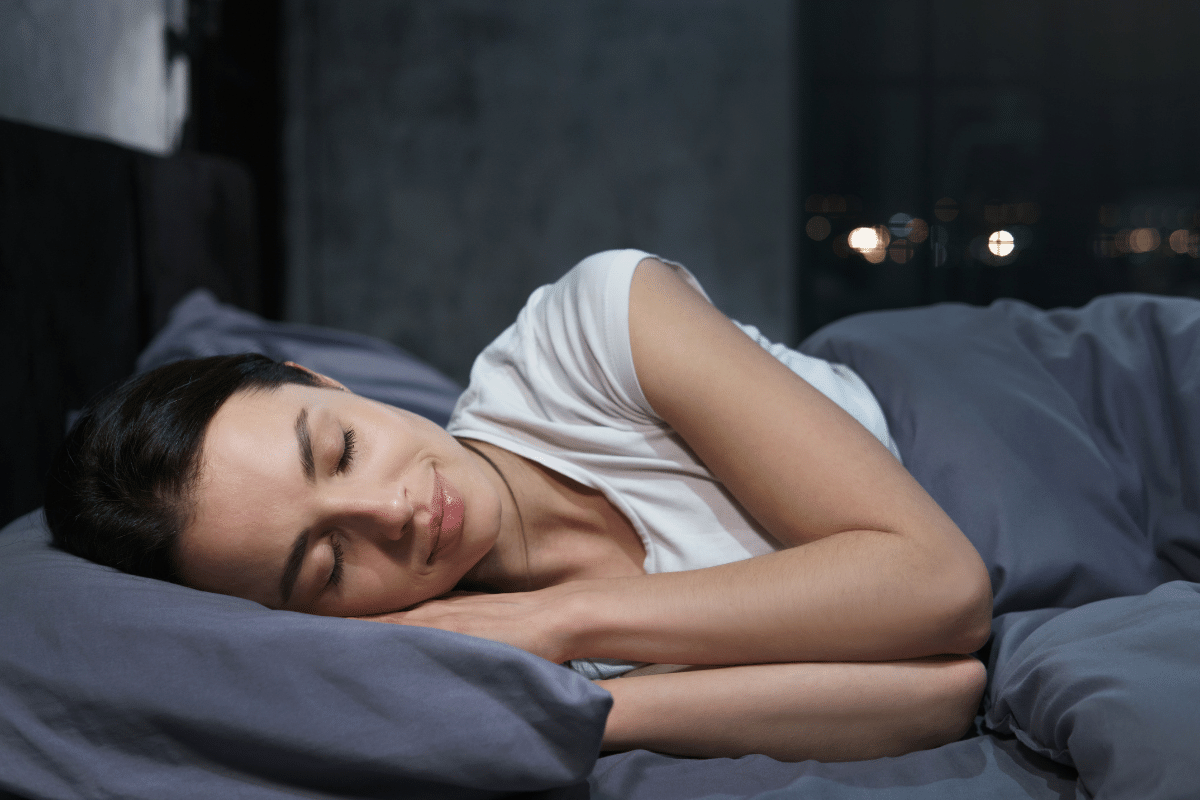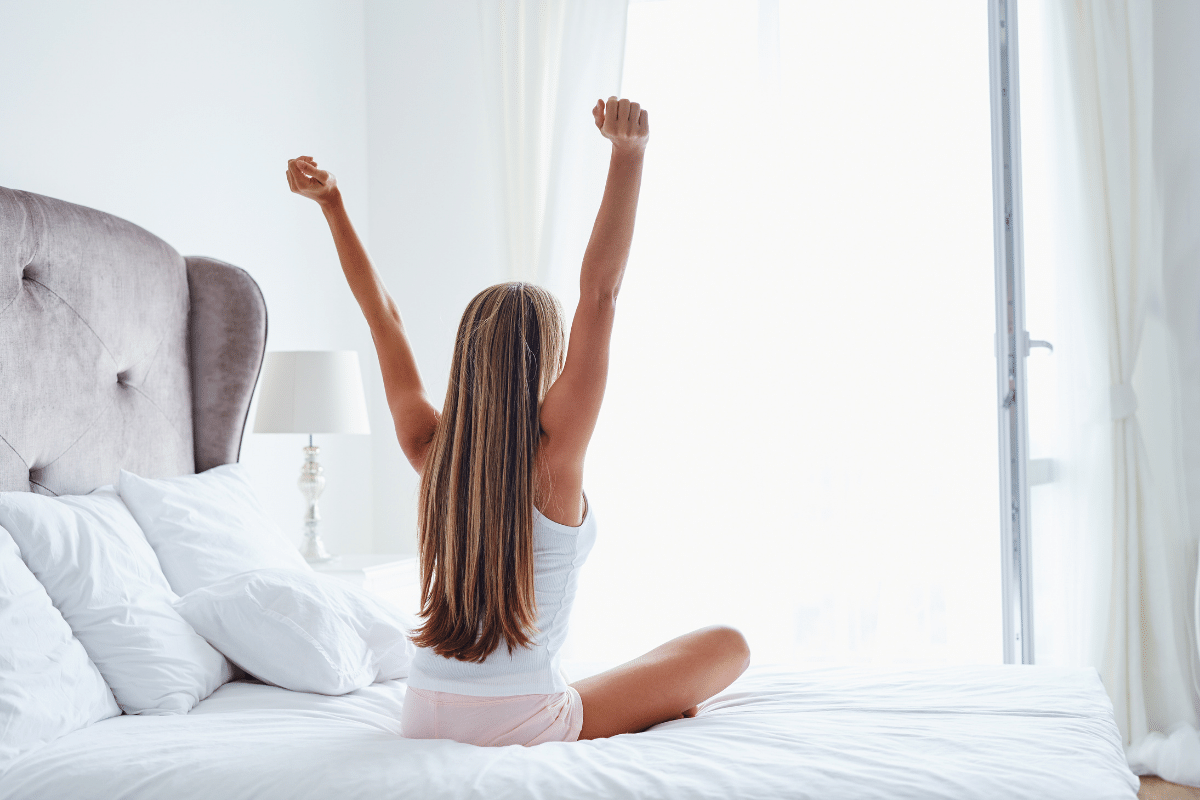wellness
Rest and recovery is part of training too
We all know that exercise plays a huge roll in our overall health and wellbeing and daily exercise has long been associated with better quality sleep, yet not all of us get an optimal amount of sleep each night or we have poor quality of sleep.
Many of us love physical activity and look forward to it, but for some exercising can be a drag especially if you are tired from a lack of quality sleep. We often find that poor sleep may contribute to low physical activity levels or performance the next day as you feel too tired, slow and unmotivated to get moving, thus creating a negative cycle that is easy to fall into. Also if our body hasn’t had enough time to rest and recover we are more susceptible to injury or burn out.
So let’s first look at the numerous ways that exercise plays a positive role in our lives…
- Supports cardiovascular health
- Improves circulation and metabolism
- Aids immune function
- Healthy weight management
- Boosts confidence
- Builds mental and physical strength
- Improves mood
- Helps depression
- Stronger bones
- Boosts energy levels
- Builds confidence
- Aids better sleep
- Lower risk of falls
- Self-resilience
- Better brain health
- Willingness to face challenges
Exercising with others has boosted benefits, whether its walking with a friend or in a group exercise class by helping to increase our social contact and sense of belonging.

Move your body daily
Moving your body daily in moderate-intensity exercise for at least 30min will help all of the above. I also recommend strength-building exercise at least twice a week. Remember that you can start small and build up, doing some physical activity is always better than doing none. If you currently do no physical activity, or are in a sleep-deprived cycle, start by doing what you can and slowly work towards the goal of 30 minutes per day. It’s much better to build up slowly and be able to maintain it than go at it all guns blazing and burn out. Always the hardest part of the workout, class or walk is beginning, you always feel better after, so sometimes we need to take the difficult action of starting something so that our future self will thank us for it!

Stressless and sleep better
Exercise increases your body’s production of endorphins, your feel-good neurotransmitters, invariably you finish your exercise session and feel more positive, optimistic and relaxed. Stress is a huge disrupter of sleep, often when we lay our head on the pillow the mind is still whirling with worries, thoughts and stresses from the day. Heading to the gym, getting out for a walk or a run is a great way to destress and clear out the mind. It’s often when we are most stressed that we feel like we don’t have the time to get to the gym. The key is to set yourself up for success, not a failure, book in your workout just like you would any other appointment in the day. This is your non-negotiable mental and physical health discipline that you will that yourself for later. Pretty much all forms of exercise help ease the day’s stresses, but many find the rhythmic, repetitive motion of many types of cardiovascular training (think running, rowing or elliptical) work particularly well, while the slowing of pace that accompanies yoga will relax both body and mind.

Practice patience
While some studies that have been done on people who are already good sleepers report that after acute bouts of exercise, that sleep quality improves. Available evidence also certainly suggests that exercise could be a valuable behavioural therapy for poor or disordered sleep. Research suggests that for people with disordered sleep the benefits take a little longer, more like 10 – 16 weeks to be really observed.
So while it may be frustrating not seeing immediate results, it’s really important to stay consistent in your efforts and practise patience as you build new healthier habits. If you find it difficult to tune out from the mind chatter then this is where mindfulness and meditation tools are key in helping your progress.
